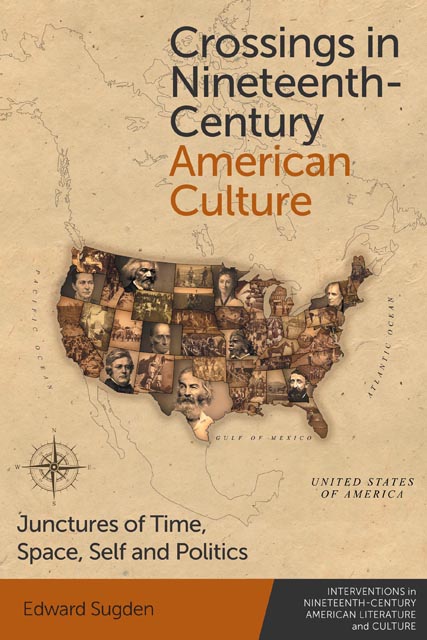11 - Slave Labour/Wage Labour: Reading Bartleby’s Refusals, 1850
Published online by Cambridge University Press: 26 November 2022
Summary
In his 1854 pro-slavery treatise A Sociology for the South, George Fitzhugh adopts an idiosyncratic version of a prominent figure in nineteenth-century Atlantic thought: the wage slave. In the US, this politically promiscuous metaphor brought together disparate pro-slavery and pro-labour critiques of industrialisation around a sense that the wage undermined patriarchal ties of the household economy central to republican notions of freedom in the North and popular representations of chattel slavery in the South. Its political flexibility is rooted in a series of racialised identifications and disavowals that structure familiar narratives about the crossings between slavery and capitalism in mid-nineteenth-century America; or better, that explain repeated failures, past and present, to imagine connections between these systems as they map geographies of freedom and dependence. Departing from conventional usage, this essay considers an errant and less stably metaphorical version of the wage slave, which repurposed the staging of a hybrid social subject to make available unfamiliar speculations about capitalism and slavery's spatial and temporal dynamics. Beginning with Fitzhugh, who envisions slavery's universal trajectory beyond the South as a progressive form of political economy, I trace the emergence after 1850 of the wage slave on strike as a contradictory subject. Through this figure, a diverse group of thinkers – including Herman Melville, Fredrick Douglass and Karl Marx – at once envisioned slavery's mobility across borders and placed a crisis at the centre of imaginary renderings of slavery's dynamic, modern character. This contradictory subject requires us to rethink the stakes involved in employing crossing as the cultural metaphor for connections between nineteenth-century America's dominant social systems and their representative collective subjects.
Without conflating the disparate politics coalescing around wage slavery, the discourse notoriously structured critiques of capitalism along spatially, temporally and racially segregated lines, drawing together two systems of exploitation, and two differently ‘enslaved’ subjects, only to disavow their connection. Making wage slavery representative of the ‘failure of free society’, Fitzhugh utilises an established pro-slavery argument that distinguished slavery from industrial capitalism by depicting urban proletarians as subject to a diabolical mastery, lacking the ‘never-failing protective, care-taking and supporting feature of slavery’ apparently characteristic of the South's master-slave relationship (Fitzhugh 1854: 68).
- Type
- Chapter
- Information
- Crossings in Nineteenth-Century American CultureJunctures of Time, Space, Self and Politics, pp. 177 - 194Publisher: Edinburgh University PressPrint publication year: 2022

